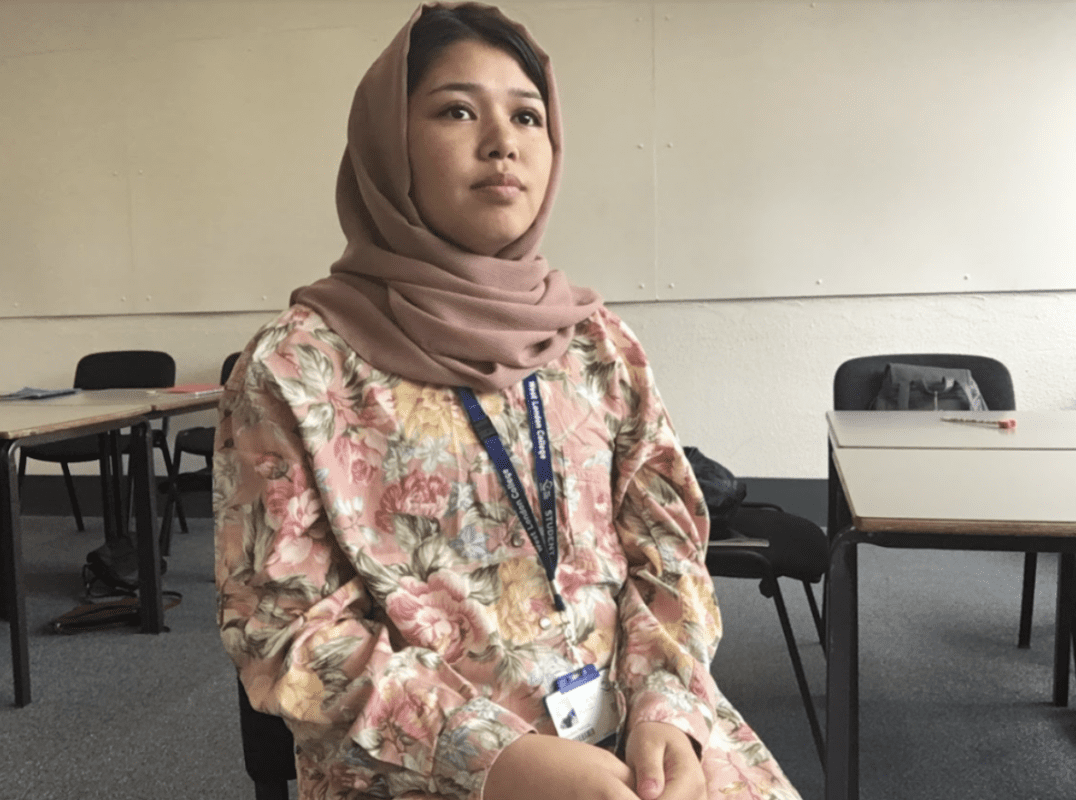One Year On: West London College Responding to the Government’s Afghan Relocations and Assistance Policy ARAP

West London College worked closely with our partner the Royal Borough of Kensington and Chelsea to implement the Government’s ARAP (Afghan Relocations and Assistance Policy) initiative. Many hundreds of Afghan refugees were living in local hotels following the fall of Kabul, and it was critical to offer them a promising future by providing the education they needed.
The Afghan refugees as part of the ARAP scheme had either directly supported the British military forces in Afghanistan or were family members of those that had. While some were fluent in English and ready to take their next steps into work or university, others had low levels of English proficiency and needed to learn the language in order to move on to higher education or jobs.
West London College swiftly rose to the logistical challenge of providing adult and young learners with classes in English, maths and ICT even though the term had already started – as well as inducting the Afghan learners into the skills they needed for life in the UK, such as understanding the currency and money management.
One year on from the overthrow of the Afghan government, in this short video the Head of ESOL (English for Speakers of Other Languages) Alex Hallawell describes the scale and immediacy of the West London College response and the ongoing work taking place under the ARAP scheme.
You can hear from young learners Mohaddesa (18), Bibi Haya (17) and Muslm (17) as they describe their aspirations for their education and careers in the UK. The young learners’ teacher, Oliver Sandon, explains the range of topics he and West London College are covering in the study programme they created.
Head of ESOL, Alex Hallawell says: “Looking at one year on now from the fall of Kabul, we’re starting our new term, and we’re looking at several of our students entering mainstream courses with the College. For the students that came in at lower levels we are continuing to support and develop them in terms of their English.”











Responses